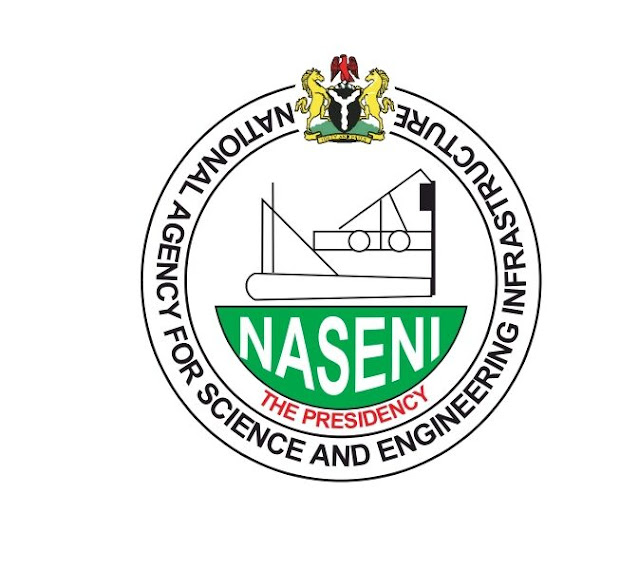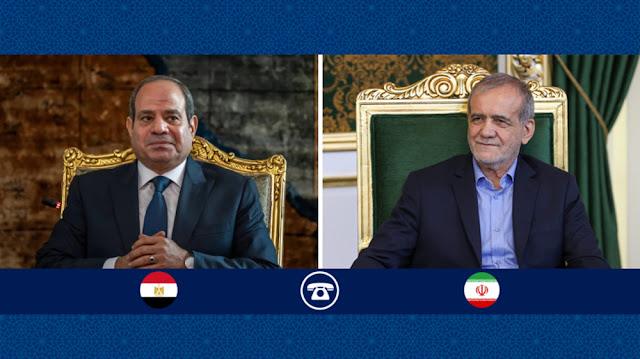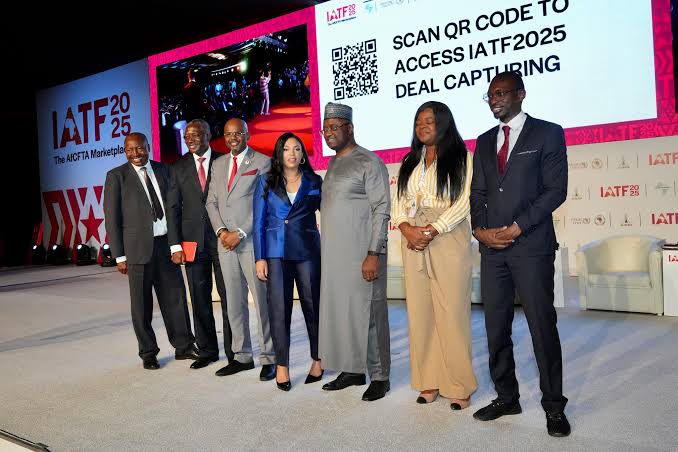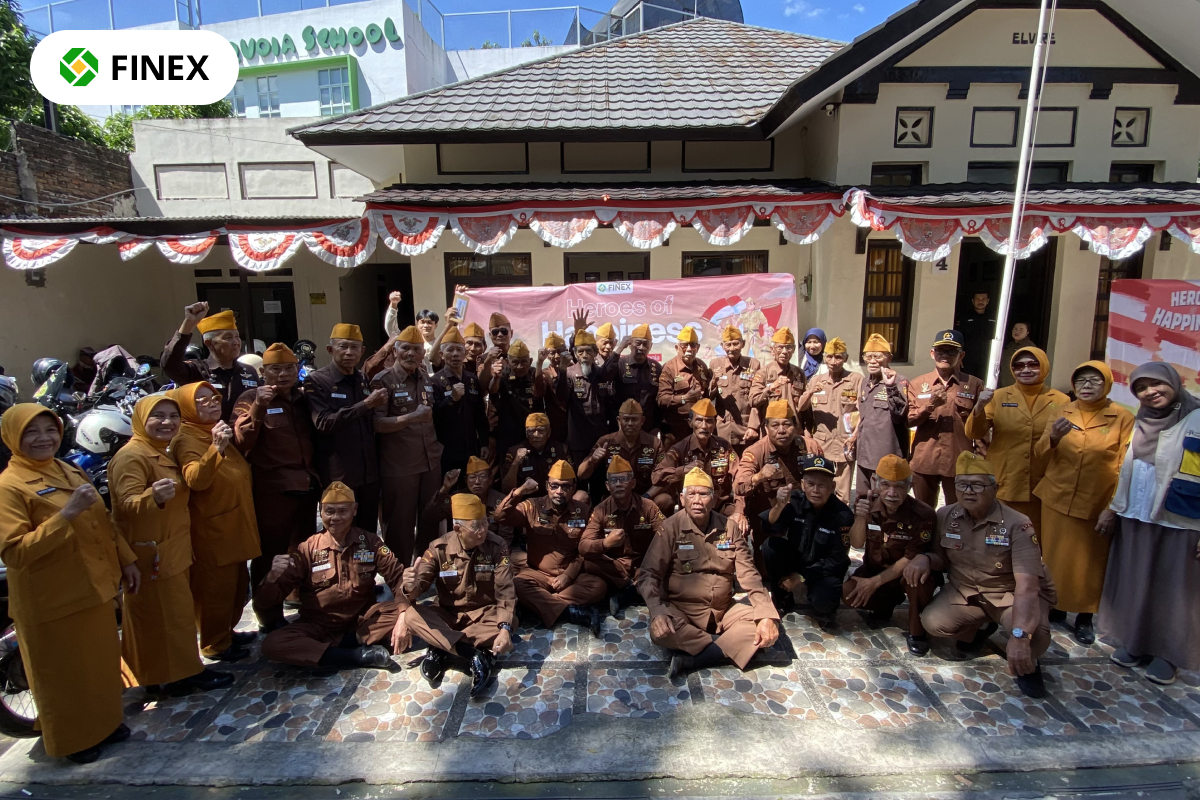In a landmark move to bolster Nigeria’s technological ecosystem, the National Agency for Science and Engineering Infrastructure (NASENI) and the Nigerians in Diaspora Commission (NiDCOM) have entered into a strategic partnership aimed at harnessing the vast expertise of Nigerians in the diaspora to drive innovation and sustainable development. This collaboration, formalized through a Memorandum of Understanding (MoU), seeks to create a robust framework for engaging Nigerian professionals abroad in advancing the nation’s science, technology, and innovation (STI) sectors. The initiative is a pivotal step toward positioning Nigeria as a global hub for technological innovation, aligning with the federal government’s vision of economic diversification and industrialization.
The MoU was signed during a high-profile ceremony in Abuja, where key stakeholders from both organizations outlined their shared commitment to leveraging the intellectual capital of Nigerians in the diaspora. The partnership is expected to facilitate knowledge transfer, foster innovation, and bridge the gap between Nigeria’s domestic capabilities and the advanced expertise of its global diaspora. By tapping into the skills, networks, and resources of Nigerians living abroad, the collaboration aims to address critical challenges in Nigeria’s technological landscape, enhance local capacities, and promote sustainable economic growth.
A Vision for Technological Transformation
The partnership between NASENI and NiDCOM comes at a critical juncture in Nigeria’s development trajectory. As Africa’s most populous nation and largest economy, Nigeria faces the dual challenge of addressing unemployment and underdevelopment while positioning itself as a leader in the global technology race. The country’s science and technology sector has long been seen as a cornerstone for achieving sustainable economic growth, yet it has struggled with limited funding, inadequate infrastructure, and a brain drain that has seen many of Nigeria’s brightest minds seek opportunities abroad.
NASENI, established in 1992, is tasked with developing Nigeria’s science and engineering infrastructure to support industrialization. The agency focuses on creating indigenous technologies, fostering research and development, and promoting the commercialization of locally developed innovations. Over the years, NASENI has made strides in areas such as renewable energy, agricultural mechanization, and advanced manufacturing. However, the agency recognizes that achieving its mandate requires a broader pool of expertise, particularly from Nigerians who have excelled in cutting-edge fields abroad.
NiDCOM, on the other hand, was established in 2019 to engage Nigerians in the diaspora and harness their contributions for national development. The commission serves as a bridge between Nigeria and its global diaspora, facilitating partnerships, investments, and knowledge-sharing initiatives. With an estimated 17 million Nigerians living abroad, many of whom are leaders in fields such as technology, engineering, medicine, and academia, the diaspora represents a significant untapped resource for Nigeria’s growth.
The MoU between NASENI and NiDCOM is a strategic alignment of their respective mandates. By combining NASENI’s focus on technological innovation with NiDCOM’s expertise in diaspora engagement, the partnership aims to create a synergy that will propel Nigeria’s STI ecosystem to new heights. The initiative is not only about bringing expertise back to Nigeria but also about creating a sustainable framework for collaboration that benefits both the diaspora and the homeland.
Key Objectives of the Partnership
The MoU outlines several key objectives that underscore the ambitious scope of the partnership. These include:
Knowledge Transfer and Capacity Building: The collaboration will facilitate the transfer of advanced skills and expertise from diaspora professionals to local institutions. This will involve organizing workshops, training programs, and mentorship initiatives to build the capacity of Nigerian scientists, engineers, and innovators.
Research and Development Collaboration: The partnership will promote joint research projects between Nigerian institutions and diaspora experts. By leveraging the global networks of Nigerian professionals, NASENI aims to access cutting-edge research and technologies that can be adapted to address local challenges.
Investment and Funding Opportunities: The MoU seeks to attract investments from the diaspora into Nigeria’s technology sector. This includes funding for startups, research institutions, and innovation hubs, as well as partnerships with international organizations and venture capitalists.
Technology Transfer and Commercialization: A key focus of the partnership is to facilitate the transfer of technologies developed by Nigerians abroad to Nigeria. This will involve creating pathways for diaspora innovators to collaborate with local industries in commercializing their inventions.
Diaspora Engagement Platforms: The collaboration will establish platforms for continuous engagement with the diaspora, including virtual and in-person events, innovation challenges, and technology summits. These platforms will ensure that diaspora contributions are sustained and impactful.
The Role of the Diaspora in Nigeria’s Development
The Nigerian diaspora is a formidable force in the global arena. Nigerians abroad have distinguished themselves in various fields, from Silicon Valley tech entrepreneurs to leading researchers in artificial intelligence, renewable energy, and biotechnology. For instance, Nigerian professionals have played key roles in developing technologies at companies like Google, Microsoft, and Tesla, while others have founded successful startups in Europe, North America, and Asia.
However, the brain drain that has fueled this global success has also deprived Nigeria of critical human capital. The loss of skilled professionals to other countries has been a persistent challenge, particularly in the science and technology sectors. The NASENI-NiDCOM partnership seeks to reverse this trend by creating incentives for diaspora professionals to contribute to Nigeria’s development without necessarily relocating permanently.
One of the innovative aspects of the partnership is its focus on “brain gain” rather than “brain drain.” Instead of viewing the diaspora as a loss, the collaboration aims to transform it into an asset by creating opportunities for remote collaboration, short-term engagements, and knowledge-sharing. This approach recognizes that many Nigerians abroad are eager to contribute to their homeland but face barriers such as bureaucratic red tape, lack of clear engagement channels, and concerns about security and infrastructure.
By addressing these barriers, the partnership hopes to create a win-win scenario. Diaspora professionals will have the opportunity to give back to Nigeria while maintaining their careers abroad, while Nigeria will benefit from their expertise, networks, and resources. This model of engagement has been successful in other countries, such as India and China, where diaspora communities have played a pivotal role in driving technological and economic progress.
Strategic Implications for Nigeria’s Tech Ecosystem
The NASENI-NiDCOM partnership has far-reaching implications for Nigeria’s technology ecosystem. At its core, the initiative is about building a sustainable framework for innovation that leverages both local and global talent. By creating a pipeline for diaspora expertise, the partnership addresses several critical gaps in Nigeria’s STI landscape.
First, it tackles the issue of human capital development. Nigeria’s education system, while producing a large number of graduates, often struggles to equip them with the skills needed for a rapidly evolving global economy. By connecting local institutions with diaspora experts, the partnership will enhance the quality of education and training in science, technology, engineering, and mathematics (STEM) fields. This will create a new generation of innovators capable of competing on a global stage.
Second, the partnership addresses the funding gap in Nigeria’s technology sector. While Nigeria has seen a surge in tech startups in recent years, many struggle to access the capital needed to scale their operations. The diaspora, with its access to global financial networks, can play a crucial role in bridging this gap. Through the MoU, NASENI and NiDCOM aim to attract investments from diaspora professionals and their networks, creating a virtuous cycle of innovation and economic growth.
Third, the collaboration will enhance Nigeria’s global competitiveness. By integrating diaspora expertise into its technology ecosystem, Nigeria can accelerate its transition to a knowledge-based economy. This is particularly important in emerging fields such as artificial intelligence, renewable energy, and advanced manufacturing, where Nigeria has the potential to become a regional leader.
Implementation and Next Steps
The signing of the MoU marks the beginning of a multi-phase implementation process. In the short term, NASENI and NiDCOM will establish joint working groups to develop detailed action plans for the partnership. These groups will identify priority areas for collaboration, map out diaspora expertise, and create frameworks for engagement.
One of the immediate priorities is the establishment of a diaspora innovation hub. This virtual and physical platform will serve as a central point for connecting diaspora professionals with local institutions. The hub will host webinars, hackathons, and innovation challenges to foster collaboration and generate new ideas. It will also provide resources for diaspora professionals to navigate Nigeria’s regulatory and business environment.
Another key focus is the creation of a database of Nigerian professionals abroad. This database will catalog the skills, expertise, and networks of diaspora members, enabling NASENI and NiDCOM to match them with relevant opportunities in Nigeria. The database will also serve as a tool for tracking the impact of diaspora contributions and identifying areas for further engagement.
In the medium to long term, the partnership will focus on scaling up its initiatives. This will involve expanding the scope of collaboration to include more sectors, such as healthcare, agriculture, and education, where diaspora expertise can make a significant impact. The partnership will also explore ways to incentivize diaspora contributions, such as tax breaks, intellectual property protections, and recognition programs.
Challenges and Opportunities
While the NASENI-NiDCOM partnership holds immense promise, it is not without challenges. One of the primary obstacles is the need to build trust between the diaspora and local institutions. Many Nigerians abroad have expressed frustration with bureaucratic inefficiencies, corruption, and lack of transparency in Nigeria’s public and private sectors. Addressing these concerns will be critical to ensuring the success of the partnership.
Another challenge is the need to create a conducive environment for innovation. Nigeria’s technology sector faces structural issues such as unreliable power supply, limited internet connectivity, and inadequate research facilities. While the partnership cannot solve these problems overnight, it can advocate for policy reforms and investments to create a more enabling environment.
Despite these challenges, the opportunities are vast. The partnership has the potential to transform Nigeria’s technology ecosystem by creating a virtuous cycle of innovation, investment, and growth. By leveraging the expertise of its diaspora, Nigeria can position itself as a leader in Africa’s tech revolution, attracting global attention and investment.
Broader Context: Nigeria’s Place in the Global Tech Landscape
The NASENI-NiDCOM partnership comes at a time when Africa is emerging as a new frontier for technological innovation. Countries like Kenya, South Africa, and Nigeria are witnessing a surge in tech startups, driven by a young, tech-savvy population and growing access to digital infrastructure. Nigeria, in particular, has seen rapid growth in its tech ecosystem, with cities like Lagos and Abuja emerging as hubs for innovation.
However, Nigeria’s tech sector still lags behind global leaders in terms of research and development, infrastructure, and policy support. The partnership between NASENI and NiDCOM is a step toward closing this gap by integrating Nigeria into global innovation networks. By tapping into the expertise of its diaspora, Nigeria can leapfrog traditional development pathways and accelerate its progress toward becoming a knowledge-based economy.
Moreover, the partnership aligns with global trends in diaspora engagement. Countries like India, China, and Israel have successfully leveraged their diaspora communities to drive economic and technological growth. India’s IT boom, for instance, was fueled in part by the contributions of Indian professionals in Silicon Valley, who provided expertise, investments, and global networks. Nigeria has the opportunity to replicate this model, adapting it to its unique context and challenges.
Conclusion
The partnership between NASENI and NiDCOM represents a bold and forward-thinking approach to Nigeria’s technological development. By harnessing the expertise of Nigerians in the diaspora, the collaboration has the potential to transform the country’s science, technology, and innovation ecosystem. It is a testament to the power of collective effort, bridging the gap between Nigeria’s domestic capabilities and the global success of its diaspora.
As the partnership moves into its implementation phase, its success will depend on the commitment of all stakeholders, from government agencies to private sector partners to the diaspora itself. With the right policies, incentives, and platforms, Nigeria can unlock the full potential of its human capital, both at home and abroad, to drive sustainable economic growth and global competitiveness.
The NASENI-NiDCOM MoU is more than a partnership; it is a clarion call for Nigerians worldwide to come together and build a brighter future for their homeland. As Nigeria embarks on this journey, the world will be watching to see how Africa’s giant harnesses its diaspora to become a global leader in technology and innovation.







